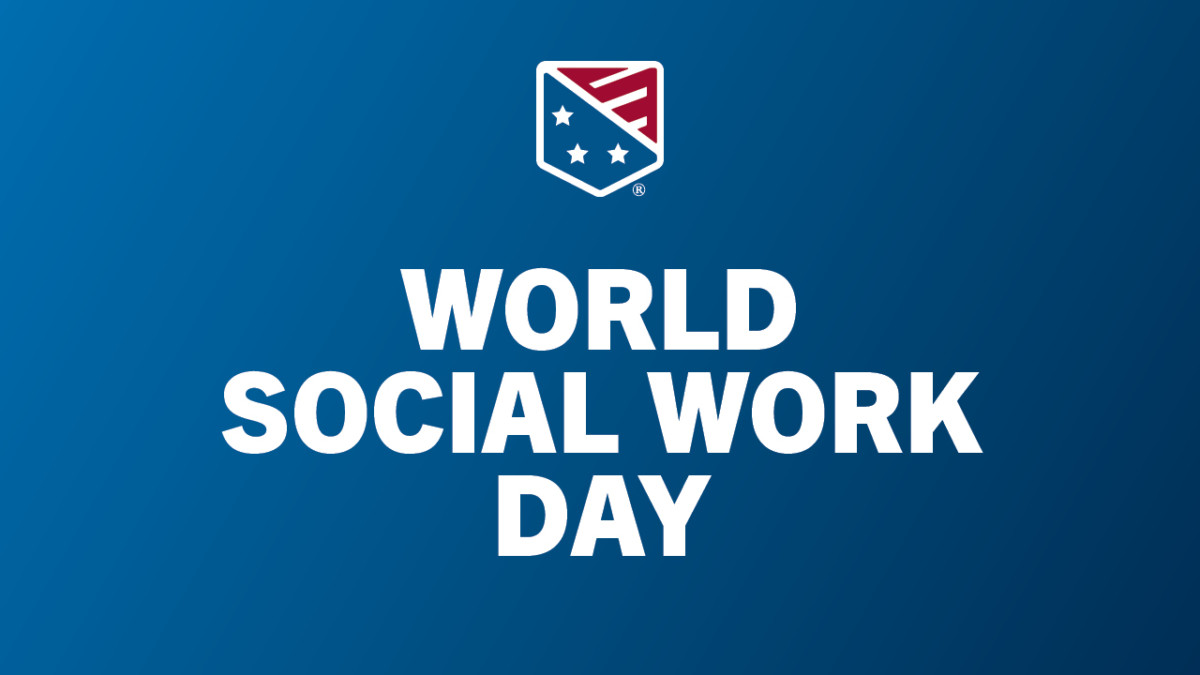Being a Burn Social Worker is a special privilege. For many of our patients, we are there in the middle of a tragedy that impacts the patient and their family as well. Some are facing the loss of their home or family members while some are unsure if or when they can return to their jobs. Many are not this extreme, but all have their own stories, and we do our best to make sure their needs are met in the hospital and when they leave.
As burn social workers, we strive to contact the patient or their family members within the first 24 hours to perform a basic assessment. It is essential that we know what resources and support systems our patients already have in place so we are better equipped to set things up when the patient is ready for discharge. Family support is a big deal as they provide emotional support. They help with encouraging our patients, being there to help when they return home and bringing them back for follow-up appointments. Insurance is another resource as this relieves a lot of the financial burden of their hospital stay. It can also provide goods and services such as medical equipment and home health services when the patient leaves the hospital. Sometimes insurance will offer transportation services.
We often get patients who are not from our area. We make sure families who live more than 50 miles away are aware they can stay at the Chavis House, a retreat provided by the Burn Foundation of America for family members where lodging and meals are provided at no cost. When transportation is an issue for return appointments, the Burn Foundation can offer bus rides to and from visits.
Some of our patients are with us for a short time, having little interruption to their everyday lives. But those with severe burn injuries or wounds are often with us for weeks or even months. This can take quite a toll on the patient and their family members. Providing emotional support for these patients is truly a team effort at Burn and Reconstructive Centers of America’s (BRCA) Joseph M. Still Burn Center at Doctors Hospital. BRCA’s physicians, physician assistants and nurse practitioners, Doctors Hospital’s nurses, case managers, social workers, PT/OT therapists and even the housekeeping staff encourage our patients and their family members. Patients may have trouble adjusting to their realization that they will not be the same physically. We have access to outstanding psychiatrists and behavioral health therapists who consult with those patients as needed.
Burn social workers often encounter cases involving child abuse, neglect and abuse of adults, drug addiction and behavioral health issues. We are involved when they are with us, but we continue to look outside our walls for the best options and resources once they leave the hospital.
A great deal of what burn social workers do is connect our patients with the resources they will need once they leave the hospital. These resources include the Burn Foundation of America, home health services, durable medical equipment providers, outpatient PT/OT and hand therapy, drug and alcohol rehabilitation services and outpatient mental health services. We also have a social worker covering the wound clinic to address any social services issues they may encounter. Social workers play a vital role in the recovery process of our patients. Sometimes it can be quite challenging, but it is always rewarding.
By Brigitte W. Flett, BSW
About World Social Work Day
World Social Work Day takes place on Mar. 15, and this year’s theme is “Co-building a New Eco-Social World: Leading No One Behind.” Created by the International Federation of Social Workers, the theme “presents a vision and action plan to create new global values, policies and practices that develop trust, security and confidence for all people and the sustainability of the planet.”
Find out more about World Social Work Day at www.ifsw.org and their work to highlight the social work profession.
